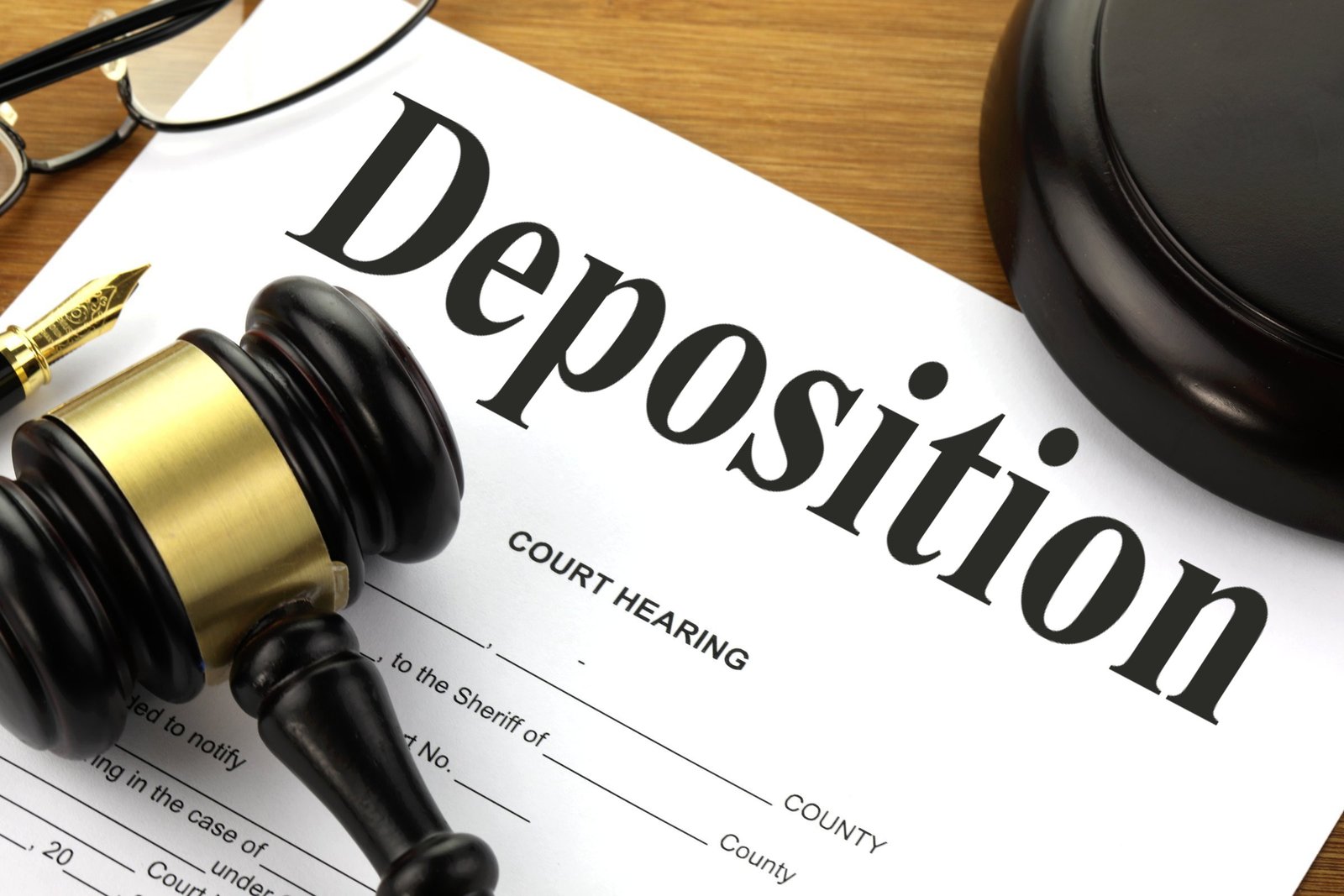The Role of Deposition Services in Modern Litigation
Legal proceedings rely on the collection and presentation of evidence, with depositions playing a crucial role in gathering testimonies from witnesses. Professional deposition services help legal teams streamline the process, ensuring that witness statements are accurately recorded and preserved. A well-documented deposition allows attorneys to assess case strengths, develop strategies, and prepare for trial. With the support of skilled professionals, deposition services provide an efficient framework for obtaining reliable testimony, reducing the likelihood of errors that could affect the case outcome.
Advantages of Utilizing Professional Deposition Services
Attorneys and law firms benefit significantly from employing professional deposition services. These services provide expertise in transcribing testimonies, managing legal documentation, and ensuring compliance with procedural requirements. Legal teams gain access to certified court reporters who have the training to capture statements with precision, preventing misinterpretations that could lead to complications in litigation. Additionally, the presence of a professional service ensures that all parties adhere to legal protocols, improving the overall credibility of the deposition process. Reliable deposition services contribute to maintaining a structured legal approach that facilitates a fair trial.
Ensuring Accuracy and Efficiency in Testimonies
Accuracy in legal testimony is paramount to ensuring that court proceedings proceed fairly. Professional deposition services use advanced recording techniques, including real-time transcription and high-quality audio-video recordings, to document every spoken word. These services employ skilled transcribers who ensure clarity and precision in capturing testimonies, reducing the risk of omissions or distortions. An accurate deposition transcript provides attorneys with a reliable reference during trials, allowing them to present factual and unambiguous statements to the court. The efficiency of professional deposition services helps attorneys focus on building strong cases without being burdened by transcription concerns.
Technological Innovations in Deposition Recording
Modern deposition services incorporate cutting-edge technology to enhance the legal process. Digital court reporting, real-time captioning, and secure cloud storage have transformed how legal professionals access and manage deposition records. Live streaming of depositions enables remote participation, allowing attorneys and witnesses to engage in proceedings without geographical constraints. Speech recognition software and AI-driven transcription services further streamline the documentation process, reducing the time required for manual transcriptions. These technological advancements improve the speed and accessibility of legal records, ensuring that attorneys have the necessary resources at their disposal to build compelling cases.
Preparing Witnesses for Effective Depositions
A well-prepared witness plays a vital role in a successful deposition. Professional deposition services assist legal teams in guiding witnesses on how to present clear, concise, and truthful testimonies. This preparation involves coaching on how to respond to cross-examinations, maintain composure under pressure, and understand the legal significance of their statements. Witness preparation also includes familiarizing individuals with the deposition process, ensuring they are comfortable and confident when answering questions. Properly prepared witnesses contribute to the overall credibility of the case, strengthening the attorney’s ability to present persuasive arguments in court.
Confidentiality and Security Measures in Depositions
Protecting the confidentiality of sensitive legal information is essential during depositions. Professional deposition services implement stringent security measures to safeguard testimonies, documents, and recordings. Encryption protocols, secure file storage, and access restrictions prevent unauthorized individuals from tampering with or misusing deposition materials. Legal teams can trust that confidential information remains protected throughout the deposition process, ensuring compliance with privacy laws and ethical standards. By prioritizing data security, professional deposition services uphold the integrity of the legal system, fostering trust among clients and attorneys alike.
Conclusion:
The use of professional deposition services significantly improves the accuracy, efficiency, and security of legal proceedings. From providing expertly transcribed records to implementing advanced technological solutions, these services ensure that legal teams have the necessary tools to handle depositions effectively. Attorneys can rely on these services to streamline case preparation, strengthen legal arguments, and protect sensitive information. A trusted Deposition Service contributes to a fair and organized legal process, ultimately supporting the pursuit of justice.



